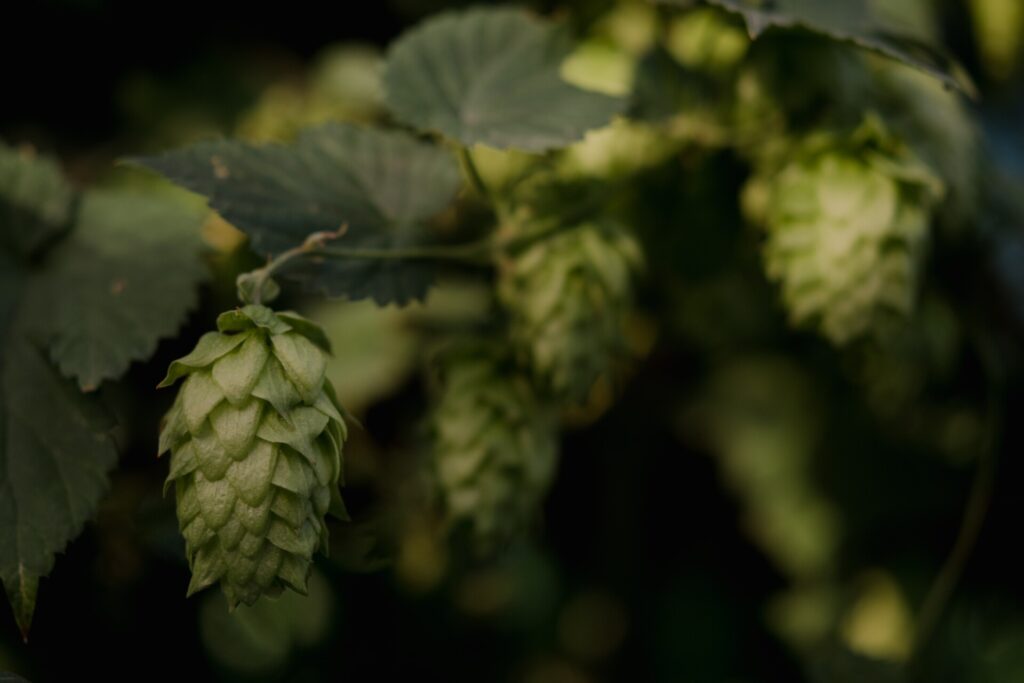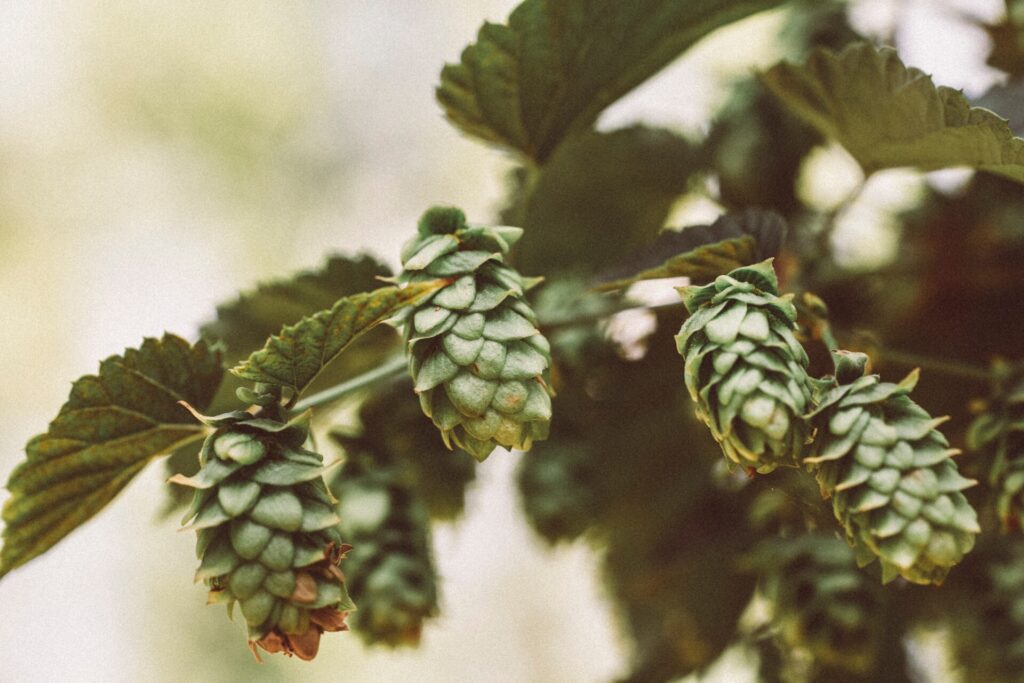Are you looking for a profitable investment opportunity in the world of agriculture? Look no further than hops farms.
Hops, the versatile flowers used to impart bitterness, flavor, and aroma to beer, have become an essential ingredient in the brewing process. As the craft beer industry continues to skyrocket, so does the demand for hops. This presents an excellent opportunity for savvy investors to capitalize on the growing trend and reap substantial returns.

Rising Demand for Hops
- The craft beer industry has witnessed exponential growth over the past decade, with consumers increasingly seeking out unique and flavorful brews.
- This trend has fueled a surge in demand for hops, as brewers differentiate themselves by incorporating a variety of hop varieties in their beers.
- The global hops market is expected to grow at a CAGR of 3.5% from 2020 to 2025, driven primarily by the rising demand for craft beer.
Sustainable Nature of Hops Farming
- Investing in hops farms offers a double benefit: potentially high returns and a sustainable and environmentally friendly option.
- Unlike other crops, hops are perennials, meaning they can produce for up to 25 years without the need for replanting.
- This reduces the environmental impact of farming, minimizes the use of pesticides and fertilizers, and promotes soil conservation.

Benefits of Investing in Hops Farms
- High potential for lucrative returns
- Sustainable and environmentally friendly farming practice
- Supports the craft beer movement
- Contributes to the preservation of agricultural heritage
Factors to Consider Before Investing
- Location: Hops require specific climate and soil conditions to thrive.
- Labor availability: Hops farming is labor-intensive.
- Upfront costs: Initial investments include land, equipment, and infrastructure.
Steps to Start Your Own Hops Farm
- Research: Identify suitable locations for growing hops.
- Financing: Secure financing through traditional lenders or alternative options.
- Land and Equipment: Purchase land and essential equipment.
- Infrastructure: Set up irrigation, trellis, and harvesting systems.
- Hop Variety Selection: Choose hop varieties suitable for your location.
- Planting: Begin planting hops.

Challenges in hops farming and how to overcome them
While hops farming can be a lucrative opportunity, there are several challenges that farmers may face. One of the main challenges is disease control, as hops are susceptible to a variety of diseases.
To overcome this challenge, farmers should invest in disease-resistant hop varieties and implement a strict disease control program. This may include regular scouting for pests and diseases, as well as the use of fungicides and other preventative measures.
Another challenge in hops farming is harvesting, as hops must be harvested at their peak ripeness to ensure the best quality. This can be a labor-intensive process, so farmers should invest in efficient harvesting equipment to streamline the process.
Hops farming techniques and best practices
To ensure the best quality hops, it’s important for farmers to follow best practices and implement effective farming techniques. This includes proper irrigation and fertilization, as well as regular pruning and training of hop vines.
Farmers should also pay close attention to the timing of planting and harvesting, as well as the selection of hop varieties. Different hop varieties have different growing requirements, so farmers should choose varieties that are suitable for their specific location and climate.
Marketing and selling hops farms products
Once hops have been harvested, farmers must market and sell their products to brewers and distributors. This can be done through direct sales to local breweries, or through larger distributors that specialize in hops sales.
To effectively market their products, farmers should highlight the unique flavor and aroma characteristics of their hops, as well as their sustainability and environmental friendliness.
Potential returns on investment in hops farms
While returns on investment in hops farms can vary depending on a variety of factors, including location, climate, and market demand, a well-run hops farm can generate significant returns over the long term.
According to a study by the University of Vermont, a 1-acre hops farm can generate up to $12,000 in gross revenue per year, with net profits ranging from $2,500 to $6,000 per acre.
Conclusion
Investing in hops farms offers a promising opportunity for investors seeking to capitalize on the growing craft beer industry and reap substantial returns while supporting a sustainable and environmentally friendly farming practice. By carefully considering the factors involved and implementing effective farming techniques, hops farmers can contribute to the growth of the craft beer industry while preserving agricultural heritage.